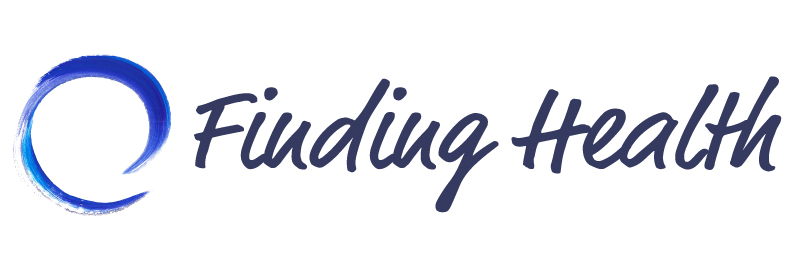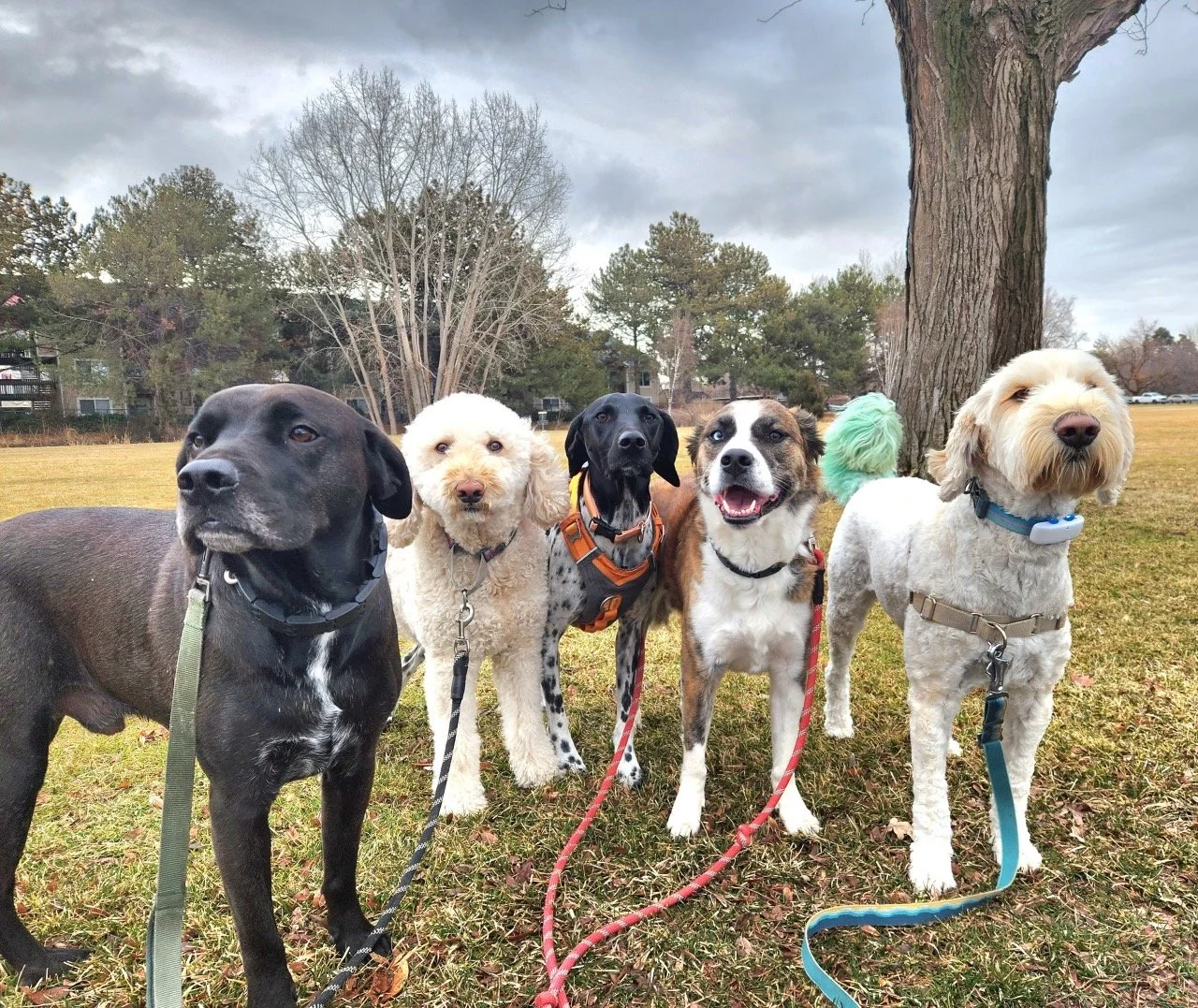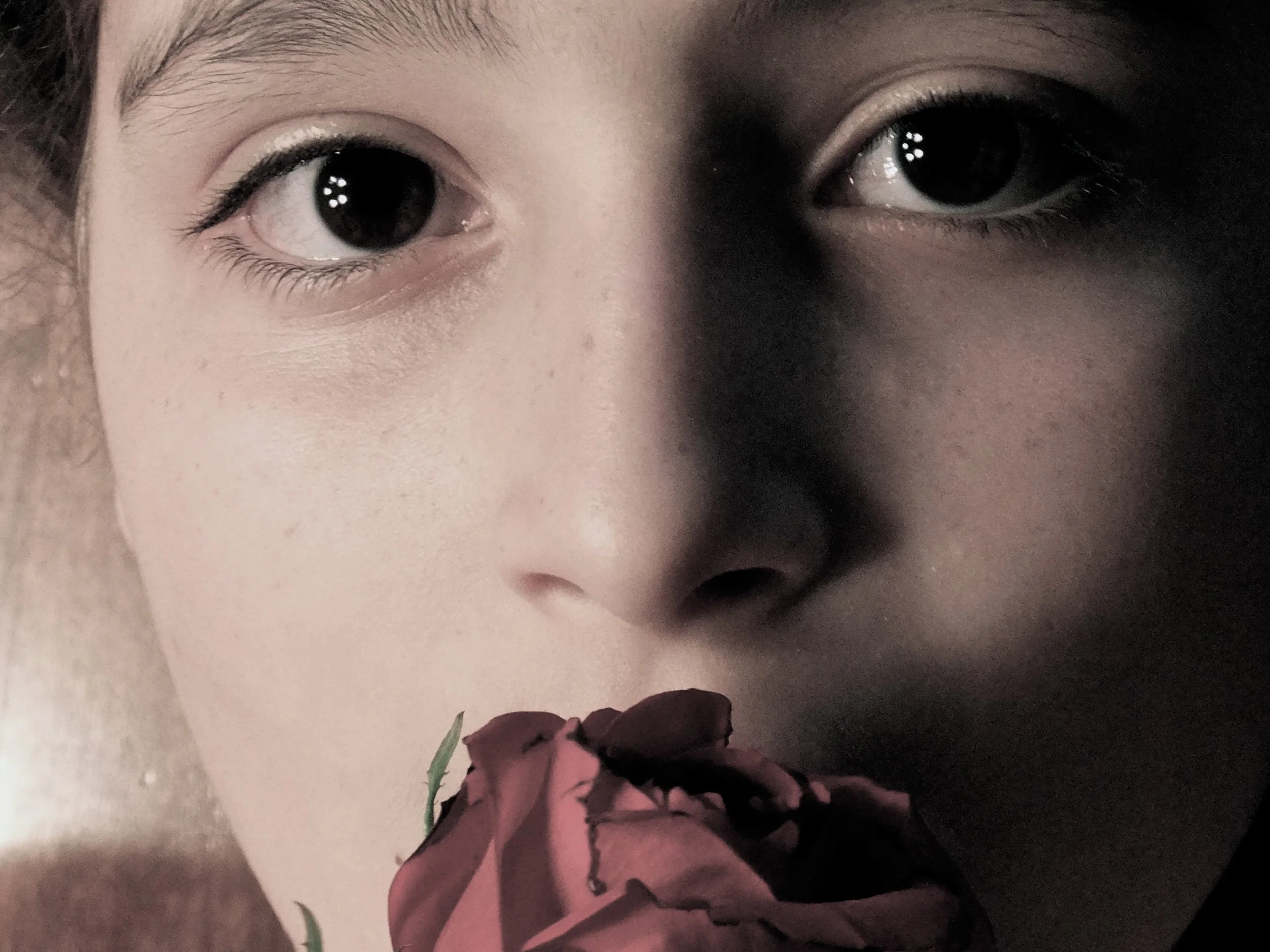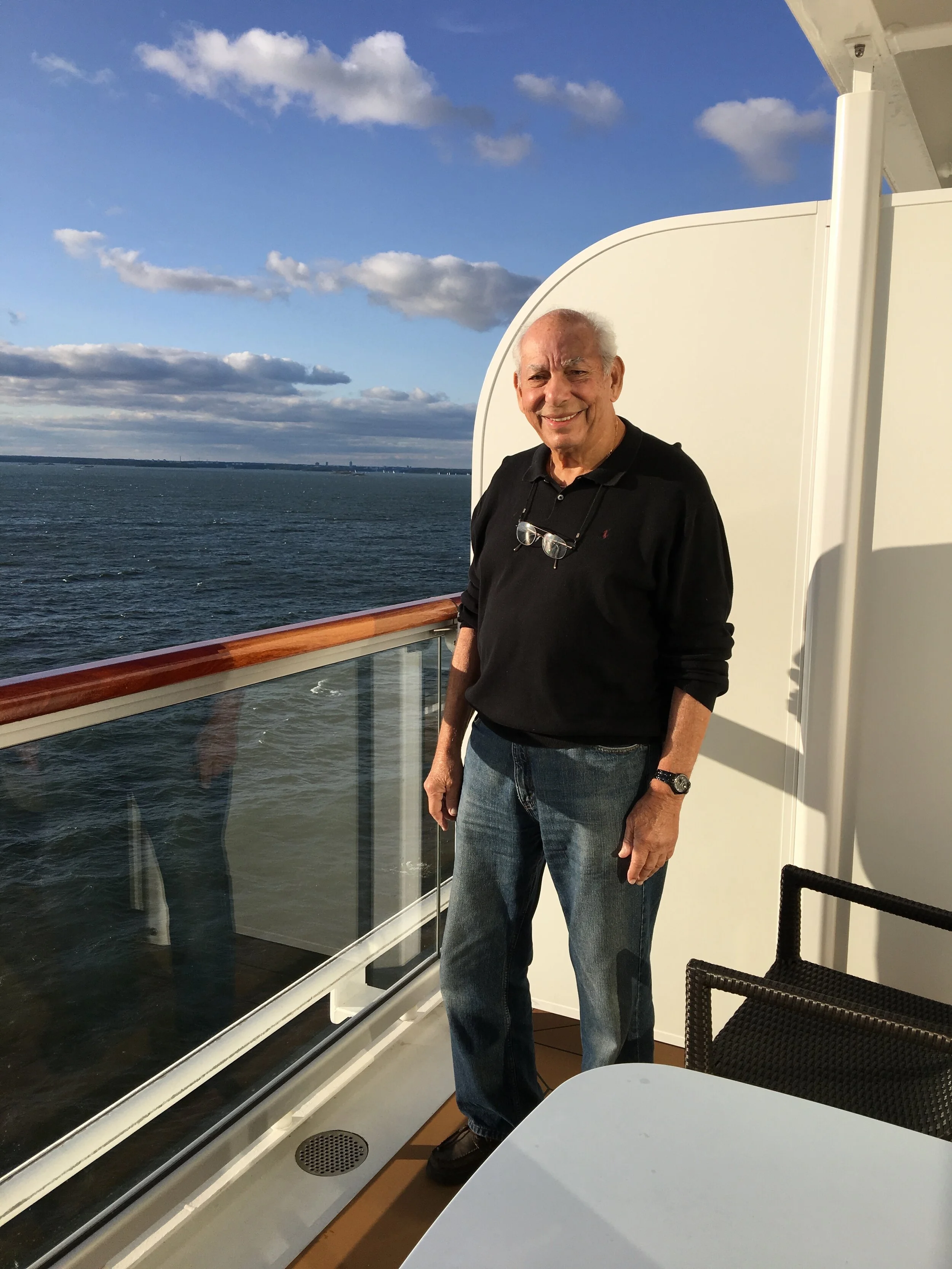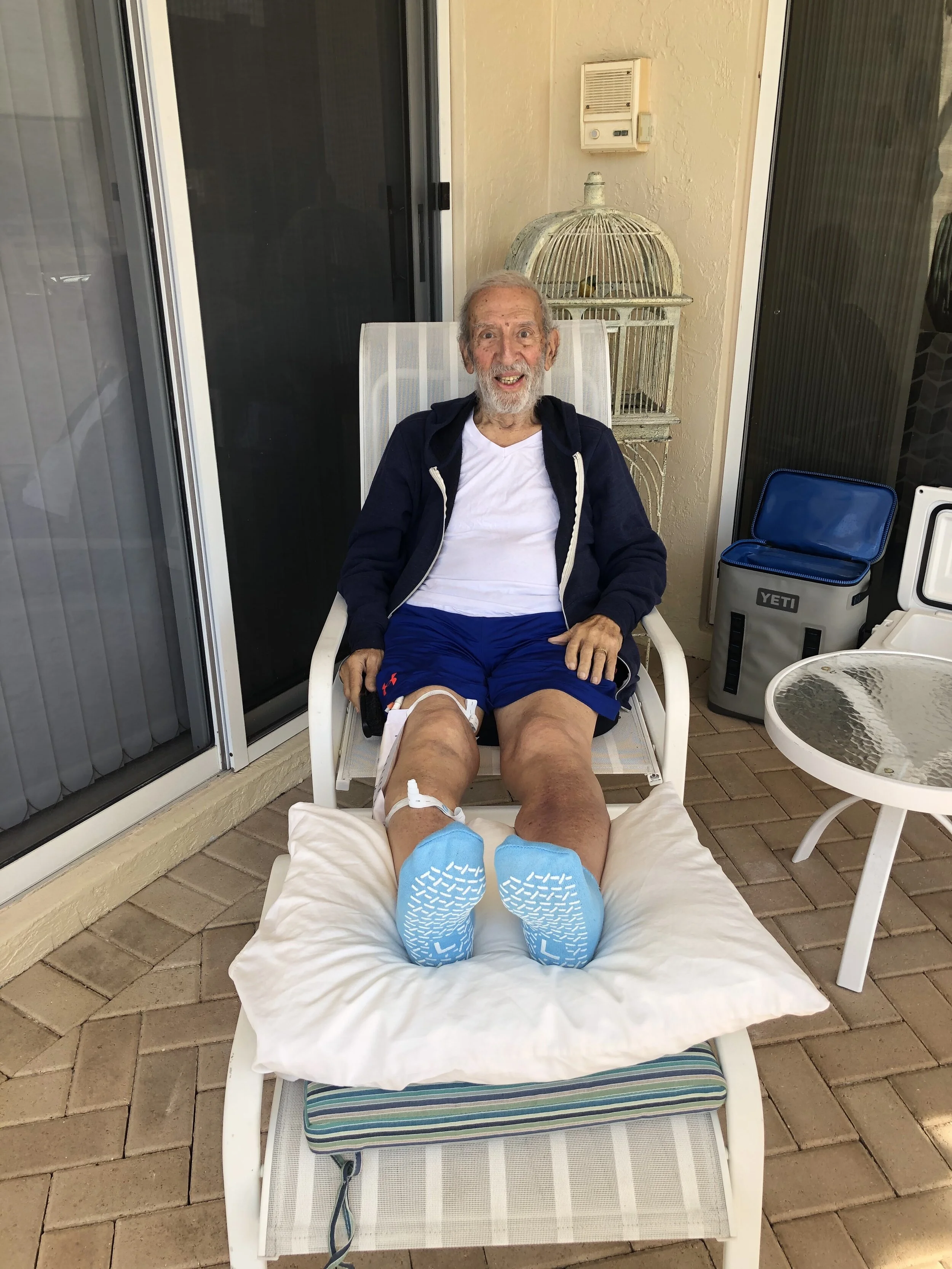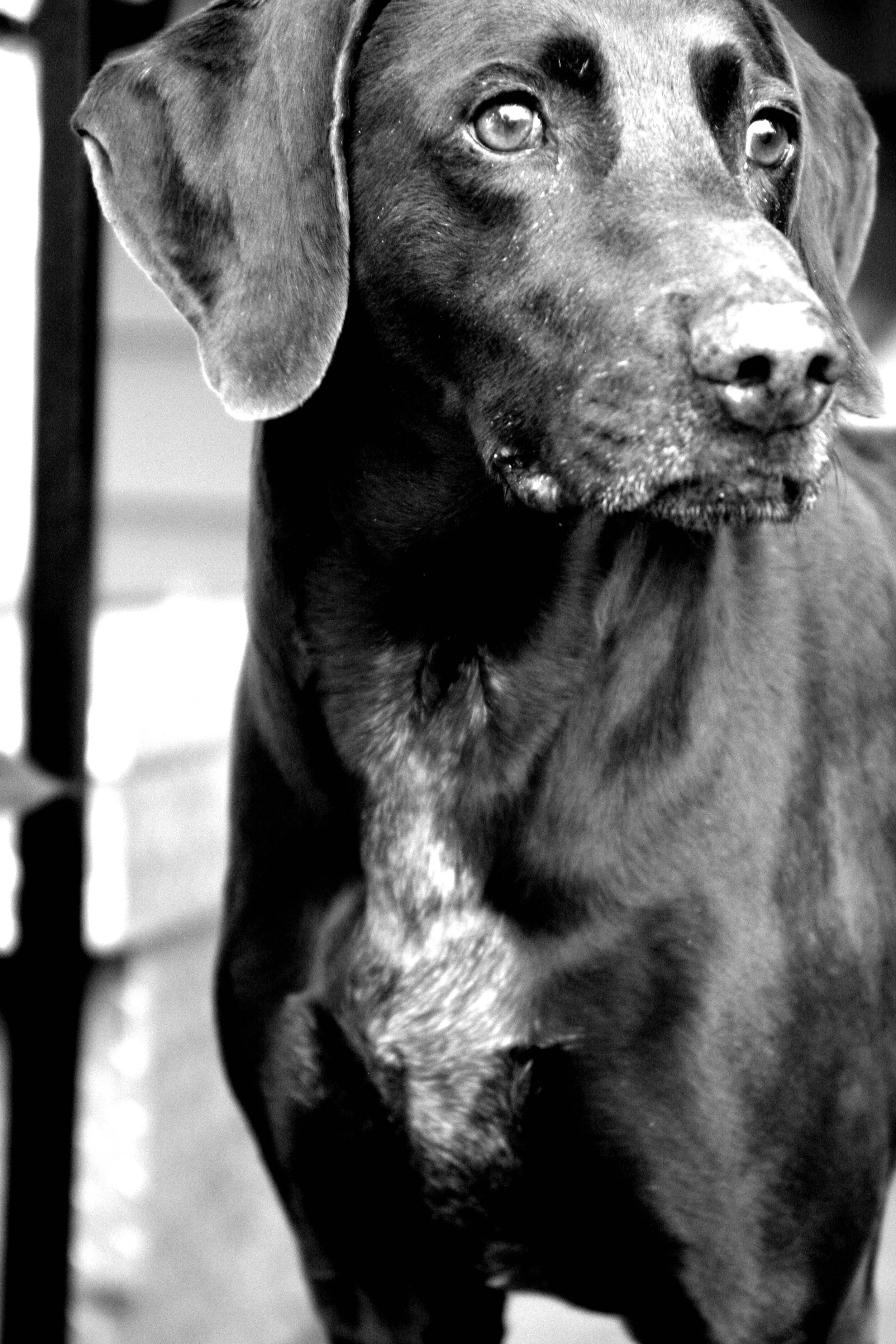Hiding
/I didn’t know I was hiding. Long ago, I was given a script. I memorized the details and performed them with flawless accuracy. My role: woman physician. Aspects of my personality that did not align with the script were packed away deep inside where they would not be seen. Over the years, I diligently fine tuned the dimensions of my character, adjusting my appearance and tempering my responses to meet cultural expectations.
In time, an uneasiness stirred inside me, and as I shared my feelings with other women physicians, I realized I had become so accustomed to playing a role, I was no longer sure how to be myself.
I began to explore the possibility of breaking role. I knew I would likely be judged. I also realized I might be excluded or even attacked. In some ways, hiding seemed so much easier. But eventually, as Anais Nin says so beautifully, “the day came when the risk to remain tight in a bud was more painful than the risk it took to blossom.”
The judgment, exclusion and attacks became part of my experience, but the freedom of being myself, without apology, was deeply nourishing, felt important for the world, and motivated me to move forward. Yet, without a circle of women physician friends who shared and understood my experience, I do not know if I could have found my way. We encouraged each other to come out of hiding, explore and honor our strengths and allow our intuition and compassion to guide us.
Recently, I met a physician friend for tea. In addition to her clinical work, she works as an executive at a major hospital system. She shared that during her annual performance appraisal, she was commended for approaching situations with curiosity. Yet, rather than simply accepting the compliment, she told the male physician colleague who was evaluating her progress that she had learned long ago that communicating in this way was necessary if she hoped to be accepted into the medical community. Her colleague was visibly surprised by her response. She explained that in her experience, a woman physician who queries “I wonder…” is often received much differently than one who is too direct, and states “I think… ."
Interestingly, while my friend initially expressed curiosity to avoid criticism and seek approval, she eventually made a conscious choice to continue to communicate in this way. She told me that did not make this decision to subscribe to the cultural norm; instead, she continued to greet situations with curiosity because she wanted to welcome different perspectives, consider new possibilities and prioritize relationships. She chose to move forward in her own way.
Many women physicians share similar stories, and are coming together in community to explore ways to navigate the landscape of medicine with authenticity. Resisting the pressures of cultural norms is complicated and can be challenging. Yet, imagine the beautiful possibilities if we each choose to show up unapologetically, as ourselves, and bring our unique gifts to our work and the world.
